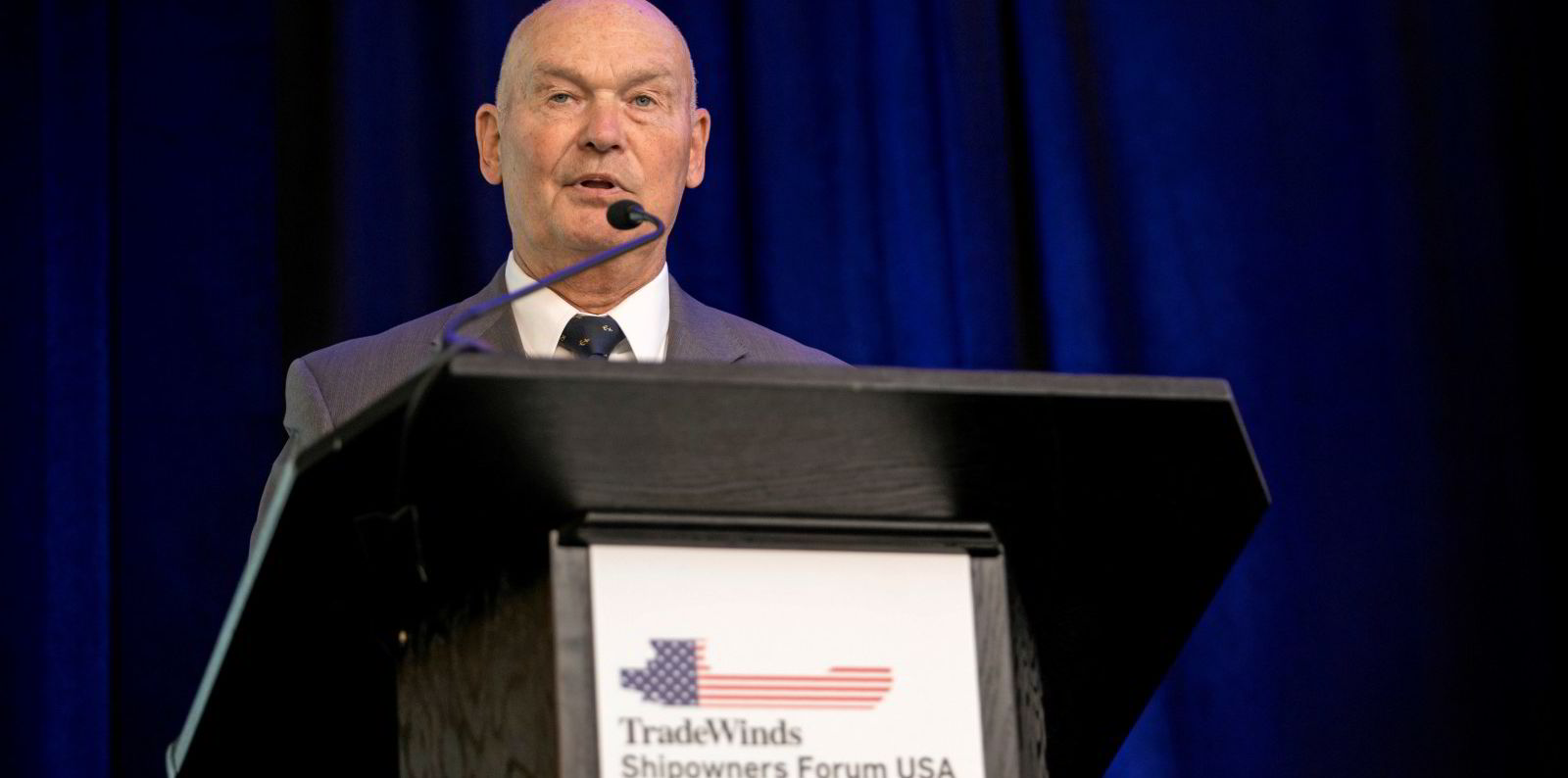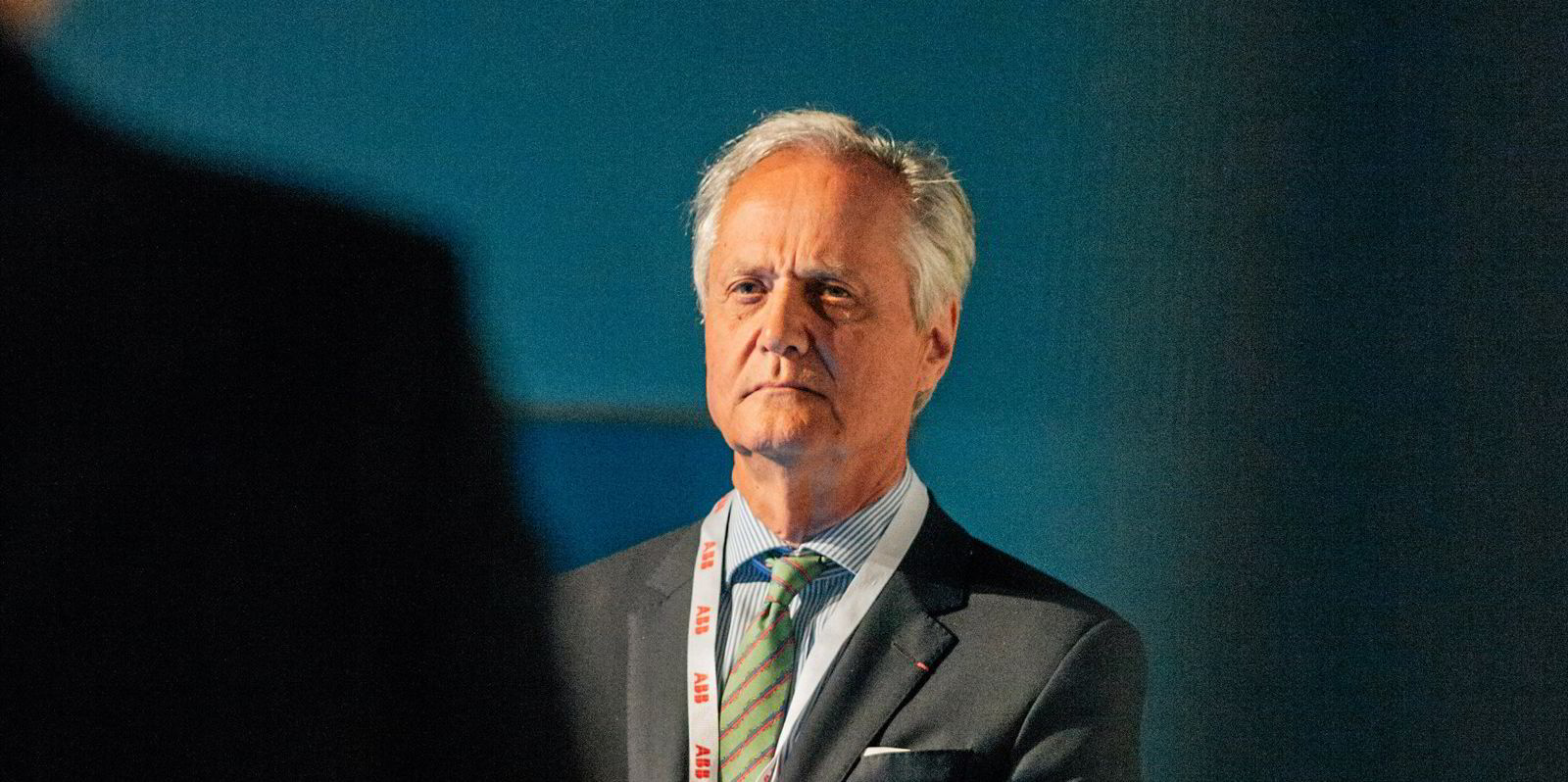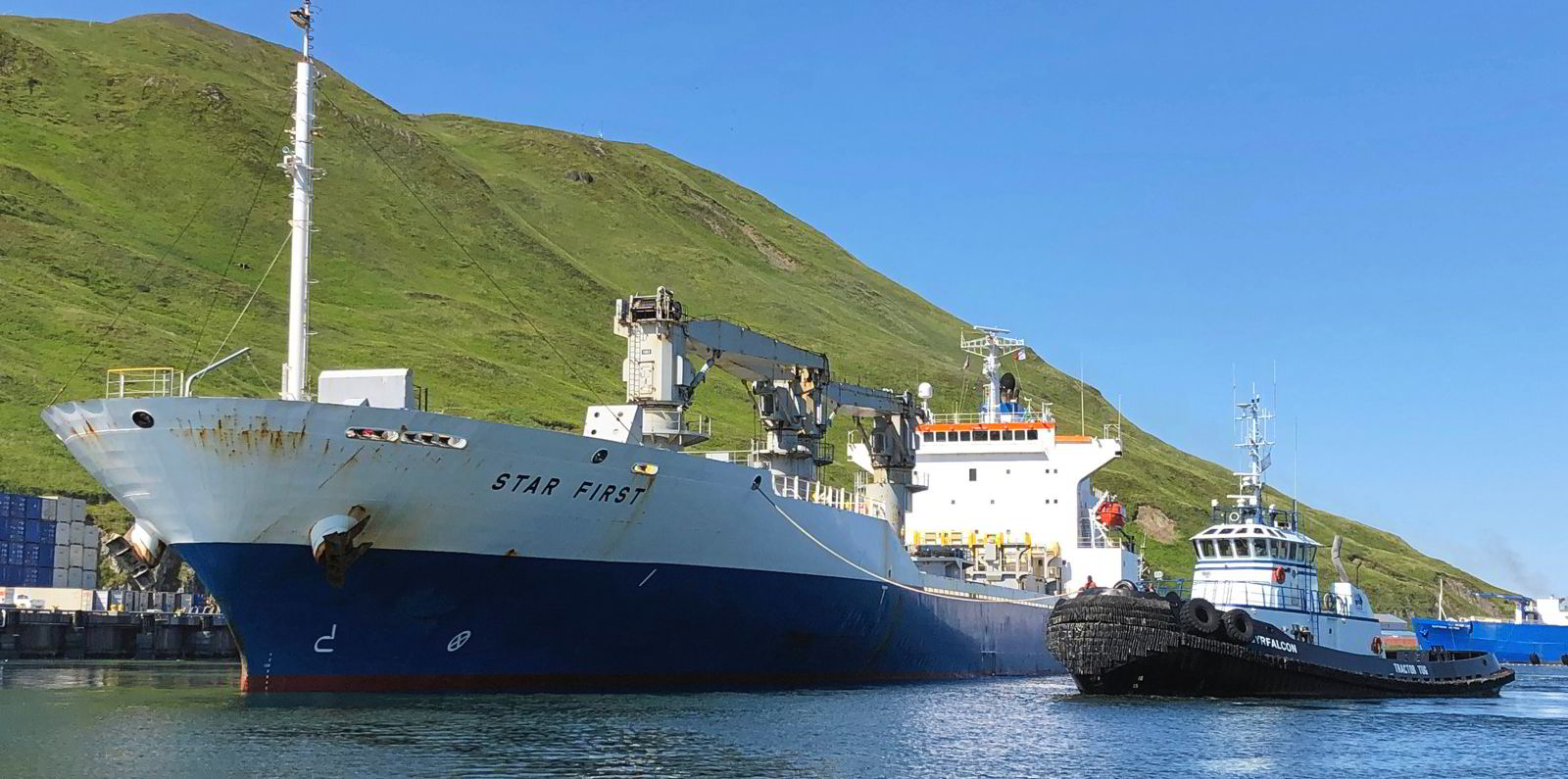US cruiseship owners and their Washington lawyers are fighting to keep Swiss-based Norwegian Torstein Hagen from time-chartering his way into their protected domestic market in partnership with US offshore owner and shipbuilder Edison Chouest Offshore.
The time charter of the 386-passenger newbuilding Viking Mississippi — to be delivered in 2022 — has been the subject of controversy for at least two years behind closed doors in Washington.
The fight burst into the open after the publication of documents filed with the US Maritime Administration (MarAd), which is being lobbied to review the move.
It comes as controversy is ongoing over Jones Act restrictions in the reefer trades and in offshore wind farm construction. Passenger shipping is not covered by the US Jones Act, but by parallel and similar legislation.
Viking chairman Hagen and other company officials have previously spoken to the press about their US ambitions, but are silent now.
"At this time, we are not arranging any interviews," said Viking's US-based global communications contact in response to an enquiry. Edison Chouest Offshore did not immediately respond to a request for comment.
But the owners or chief executives of Viking's US rivals Alaskan Dream Cruises, American Cruise Lines, American Queen Steamboat Co, The Boat Company and UnCruise Adventures, have put their views on paper.
In 2020, Hagen's Viking River Cruises, in partnership with Edison Chouest and its LaShip Shipyard in Houma, Louisiana, announced definite plans to build and take delivery of the ship in time for a 2022-2023 season of river cruises ranging from New Orleans to St Paul.
According to Viking's opponents, under the Trump administration, MarAd had secretly approved of such a plan in December 2019.
Archived local newspaper reports in US cities that had hoped to host the domestic cruise business show that Viking had been negotiating at least since 2014 with MarAd over structuring an acceptable corporate vehicle.
Sources directly involved have told TradeWinds that multiple US owners were approached to serve as Viking's US partner but ultimately declined.
Winning political support
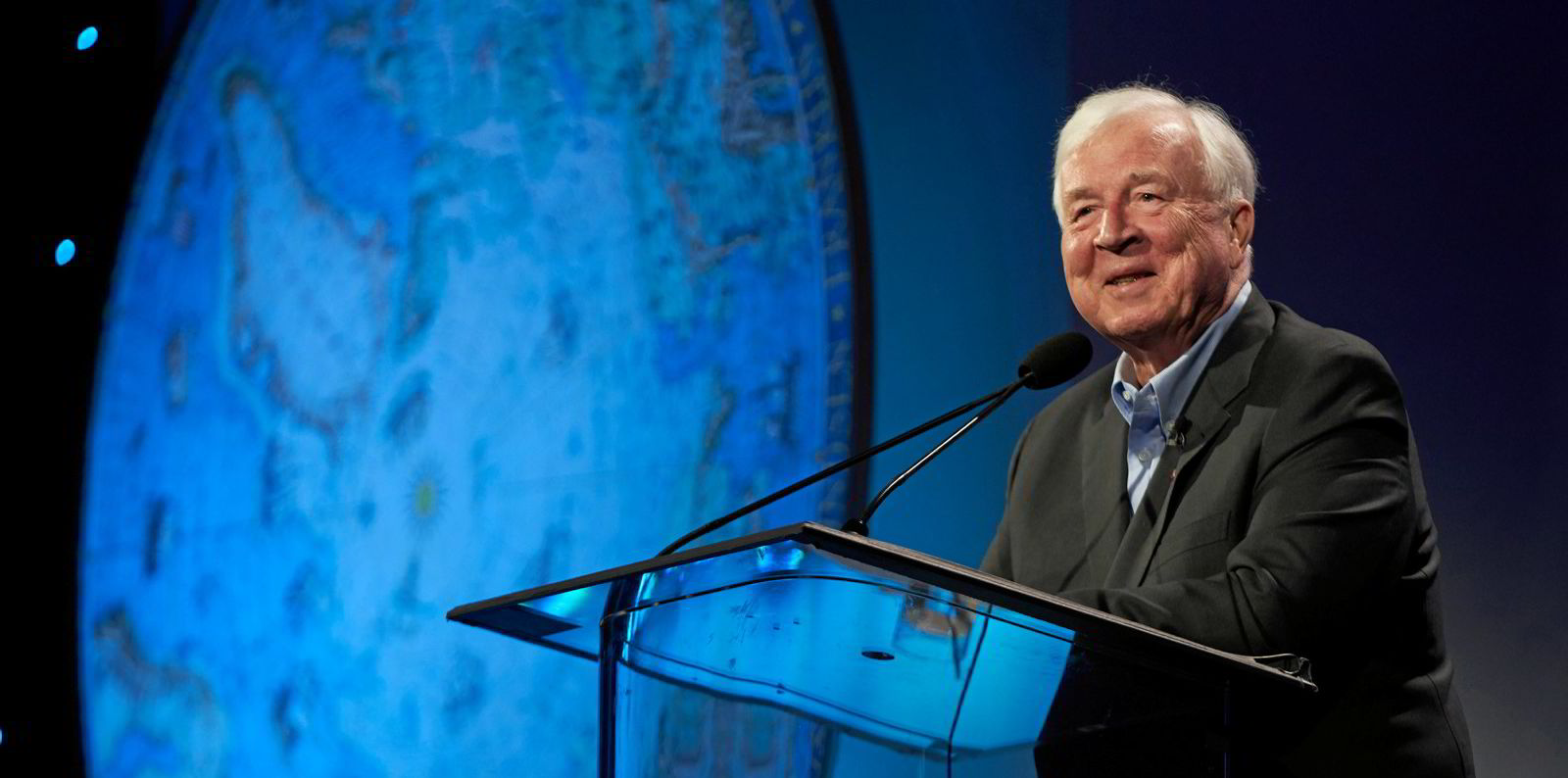
The legal hurdle to such a foreign-domestic partnership under the US Passenger Vessel Services Act are high, and Viking's US opponents have told US regulators the Norwegian company has failed to clear them. They have enlisted the support of US senators and congressmen of both US political parties in fending off the Viking raid.
MarAd documents refer to Democratic senators Richard Blumenthal and Chris Murphy of Connecticut and Ben Cardin and Chris Von Hallen of Maryland as well as Republican congressman Andy Harris of Maryland as having expressed concern.
At issue is whether the time charter is a bareboat charter in disguise, giving the foreign charterer real control of a nominally US-controlled vessel.
In a May 2020 response to senator Blumenthal recently released by MarAd, Trump-appointed former MarAd administrator rear admiral Mark Buzby said that after a two-month review, the agency had "found the charter was not a bareboat charter, but rather a bona fide time charter containing the basic elements of a time charter negotiated at arm's-length".
"The information provided demonstrated that Edison Chouest Offshore would obtain construction financing, would build, own, and operate the vessel, and would bear the financial risks typical of a vessel owner and operator," he wrote.
Question of control
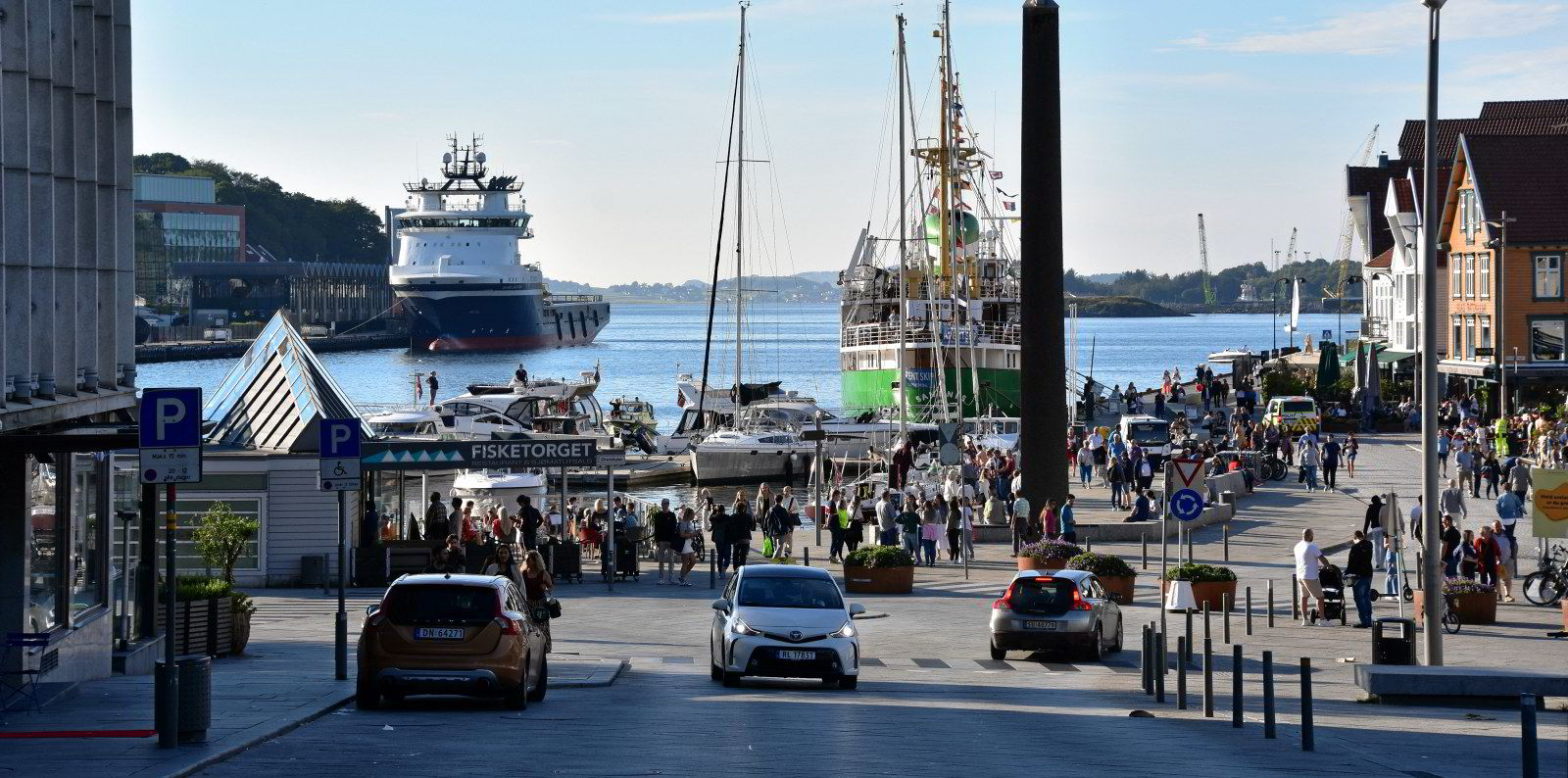
Edison Chouest "would be responsible for hiring, provisioning, and paying the vessel's crew, ... would be responsible for vessel maintenance and repair, including compliance with US Coast Guard and classification society requirements ... would be responsible for procuring bunkers; and would be responsible for insuring the vessel", wrote Buzby.
But American Cruise Lines and the other owners in the fight claim that MarAd's review was superficial. Its standards could allow a foreign company set on entering US markets to draft a charter whose terms would seemingly give control to its US partner.
Lawyers for the five US owners have protested that after they demanded to see the terms of the Viking-Edison Chouest charter, MarAd provided documents that were almost entirely redacted in key passages.
They have demanded to get the charter terms spelled out, and cast doubt on whether a cruiseship operator with a global brand like Viking would relinquish real operational control to Edison Chouest, a major global owner in offshore but one without experience in the tourism industry.
